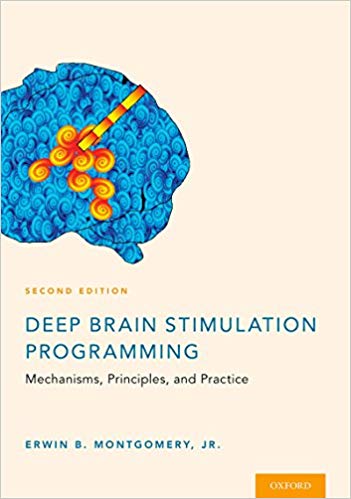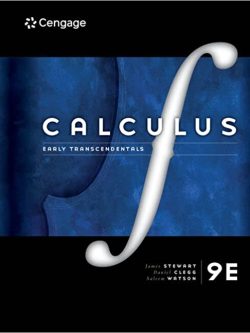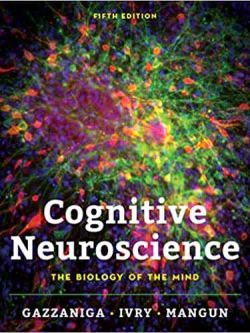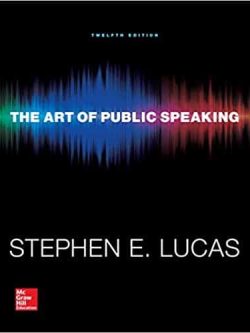Specifications
| book-author | Erwin B. Montgomery Jr., |
|---|---|
| publisher | Oxford University Press; 2nd Edition |
| file-type | |
| pages | 249 pages |
| language | English |
| asin | B01LYR7AVZ |
| isbn10 | 190259604 |
| isbn13 | 9780190259600 |
Book Description
Programming for deep brain stimulation (also known as DBS) is becoming an increasingly popular and successful treatment for a wide variety of neurological and psychiatric diseases. This therapy assists patients in achieving maximum control over their condition. In light of the fact that the method has been so fruitfully applied, the next challenge that arises is how to make the intricacies of post-operative programming cost-effective; this is especially important in cases where conventional medications and therapies are no longer able to do the job.
Deep Brain Stimulation Programming: Mechanisms, Principles, and Practice, 2nd Edition (PDF), written by Dr. Montgomery and published by Oxford University Press, is completely up-to-date and revised with the most recent technologies. Additionally, it places an emphasis on post-operative programming, something that no other textbook does. It focuses on the mechanisms by which neurons respond to electrical stimulation, how to control the stimulation and the regional anatomy, and the many variations that influence a patient's response to deep brain stimulation (DBS). Deep Brain Stimulation Programming, Second Edition provides programmers with a foundation of the brain as an electrical device. Dr. Montgomery, an expert in the field, investigates new programming techniques, such as those based on stimulation frequency; closed-loop DBS; and the functions of oscillators in DBS; and new technology advancements that render previously held notions of pathophysiology obsolete.
Key Features of the Second Edition Include the Following: Highlights post-operative deep brain stimulation; Includes the most recent discoveries in deep brain stimulation programming; Highly illustrated with figures for the absorption of key programming and techniques; Provides an appendix of additional resources that are available through the Greenville Neuromodulation Center; Highlights post-operative deep brain stimulation; Includes the most recent discoveries in deep brain stimulation programming; Includes the most recent discoveries in deep brain stimulation programming; Includes
Reviews
There is a significant knowledge gap in the area of programming deep brain stimulation devices as our generation moves closer and closer to being bionic. The e-book written by Dr. Montgomery delves into the fundamentals of electrophysiology as well as the specifics of the anatomy of the relevant brain regions. In order to assist the reader in locating and making use of crucial information that can guide good and efficient DBS programming, Montgomery provides assistance. This should be required reading, particularly for a new generation of medical professionals who are involved in the care of deep brain stimulation (DBS) patients. Dr. Michael S. Okun is the Adelaide Lackner Professor and Chairman of Neurology at the University of Florida in Gainesville, Florida.
“This work is a complete dissertation on many of the practical and theoretical elements of the application of Deep Brain Stimulation,” the author writes (DBS). It covers the fundamental principles of electrophysiology as well as electrical stimulation and neuroanatomical concerns. Additionally, it offers a method to Deep Brain Stimulation Programming at the most often used targets for Parkinson's disease. Practitioners who treat patients with DBS will find the ebook to be useful because it provides crucial key background knowledge as well as a practical path towards overcoming the issues of establishing appropriate stimulation parameters for these patients.
Andres M. Lozano, M.D., Ph.D., FRCSC, FRSC, FCAHS, is the Dan Family Professor and Chairman of Neurosurgery at the University of Toronto in Toronto, Ontario, Canada.
NOTE: This offer only contains the PDF version of the second edition of the ebook Deep Brain Stimulation Programming.













Reviews
There are no reviews yet.